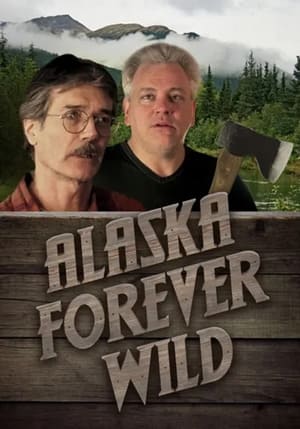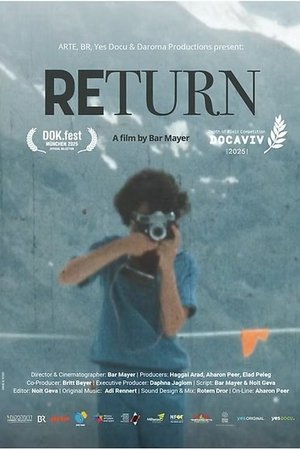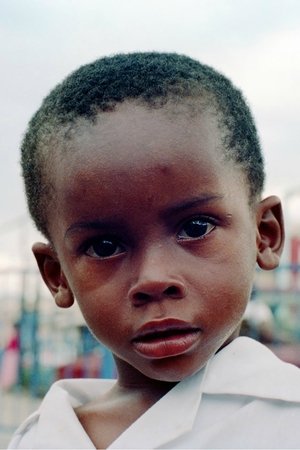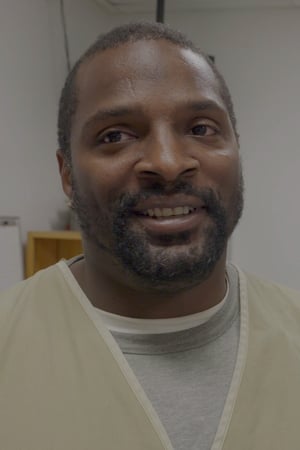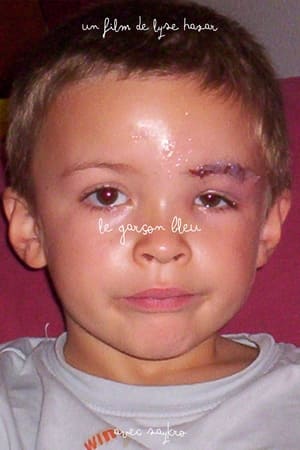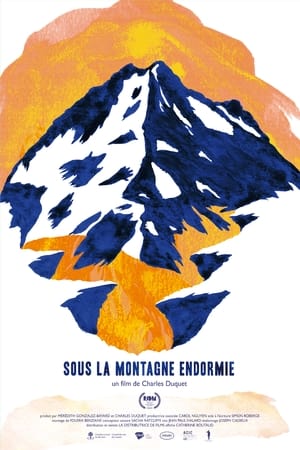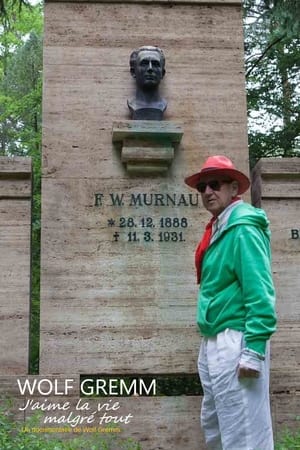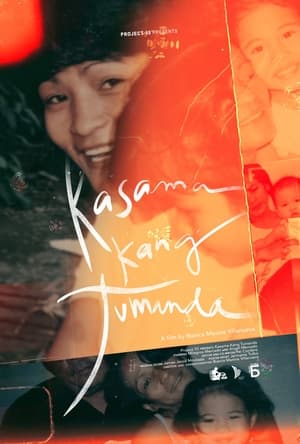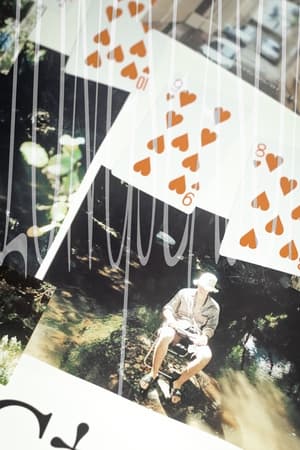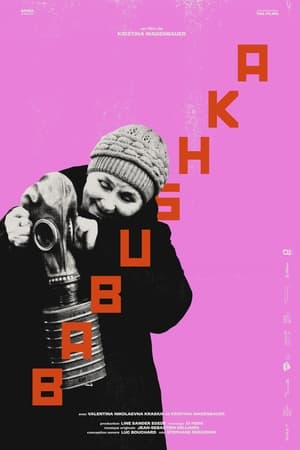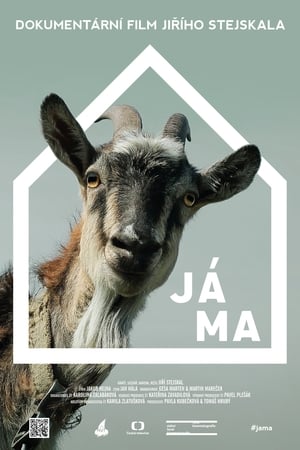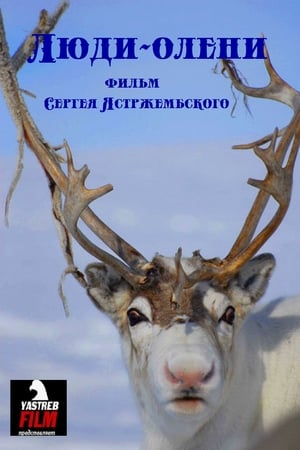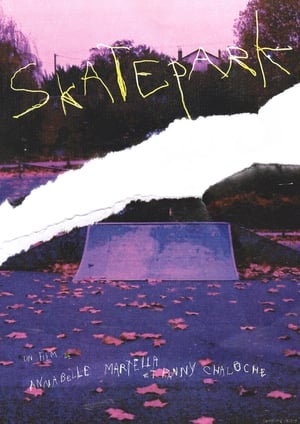Overview
In a forest in Norway, a family lives an isolated lifestyle in an attempt to be wild and free, but a tragic event changes everything, and they are forced to adjust to modern society.
Reviews
I was initially quite apprehensive when I saw the start of this introduce me to a family of Scandinavian tree huggers - quite literally! Quite swiftly, though, I was disabused of that rather twee notion as we meet Nik Payne and his three young children. They live in a modern-looking home on a small-holding in Norway where all are dealing with the recent death of wife and mother Maria. She already had a daughter, Ronja, who also features as they all have to come to terms with their grief as well as more tangible issues. Those latter problems are going to force them to relocate and also to cease with their practice of home-schooling. That’s because Nik is going to have to go to work to support them. Of course the youngsters are anxious about starting school some years after their contemporaries and their dad is equally nervous about how they will fit in and also about how he will cope as they start to branch out a little more independently. These concerns come to a bit of an head when elder daughter Freya finds much of her schooling requires an iPad - and these are folks who don’t even possess a telly. With the children increasingly preoccupied with their new routine and with some new friends, Nik starts to have to deal with his own feelings of loneliness as he considers whether or not they might be better if all returned to his British rural homeland. There are no easy answers for any of them here but they share a solid and strong bond that offers an optimism and hope that as they all grow up, they will benefit from having been raised to appreciate and respect each other and the natural environment in which they thrive. It is interesting just how quickly they all got used to the camera on their shoulder. The photography gets up close and very personal as Nik has to deal with a myriad of issues and yet remain positive and supportive, and with Freya and Ronja as they both have to come to terms with the absence of their mother in their own way - without, they hope, alienating the other. There is something a bit unrealistic, flawed even, about the parameters in which this family approached life. You have to ask whether the policy of keeping the kids at home all day was naive and self-indulgent on the parents’ part or was it, as they declare, to avoid them having to fit in with societal rules and norms? To be “liberated”. As the children first go to school and have to learn new social skills long since mastered by their fellow pupils and especially when technology starts to darken their door, you do wonder if perhaps the original parental aspirations weren’t just a little bit short-sighted and selfish. I didn’t always love the fly-on-the-wall approach. At times it felt positively prurient to observe moments that most definitely didn’t need an audience, but for the most part this is quite an engaging look at loving people having to navigate a series of crossroads and advance, often quite gingerly, to the next stages of their lives. There is one scene that the squeamish amongst us might not like, but it is otherwise a remarkably human story that’s worth a watch. I saw it in a cinema, but I’m not sure if television won’t do just as well.

 84 min
84 min
 7.844
7.844
 2024
2024
 Norway
Norway
 CinemaSerf wrote:
CinemaSerf wrote:
